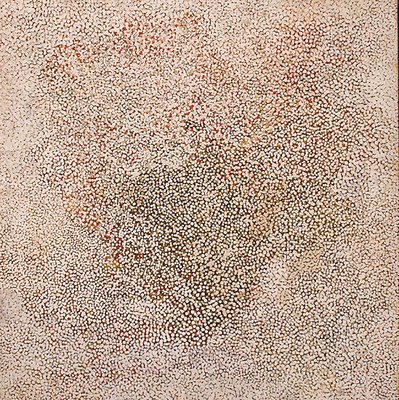Shortly after the drowning of Pharoah's army in the sea, the people of the exodus found themselves in the midst of a wilderness with little food (Exodus 16). They quarreled with Moses and expressed doubt in the faithfulness of God. In response to the prayers of Moses, bread from heaven was provided.
As the exodus approached Mt. Sinai there was insufficient water and the doubts and quarrels resumed (Exodus 17). The people talked of turning back to Egypt. Once again Moses turned to God in prayer and a fountain of water was brought forth from a rock. Moses named this place Meribah - to quarrel - and Massah - temptation.
In fear and doubt I can become quarrelsome. In fear and doubt I am often tempted to turn away from my true purpose and accept some other - seemingly more secure - existence. But if I will keep my heart open to God and listen I am led to new possibilities.










